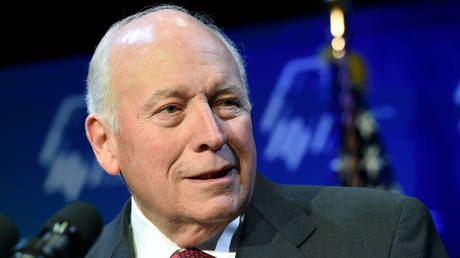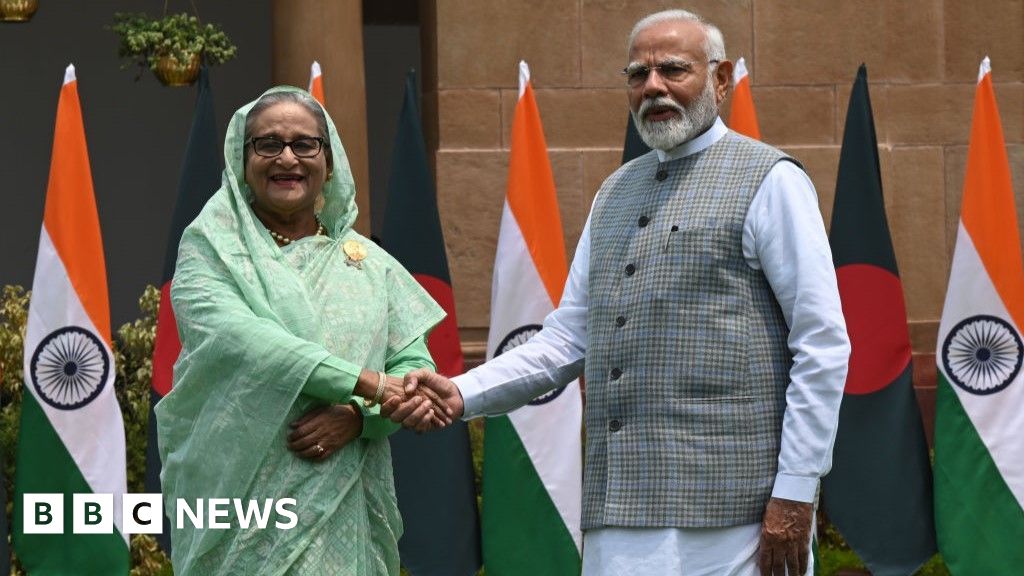Has The Bachelorette finally gone too far?
Watching Tuesday night’s finale of The Bachelorette, one phrase kept ringing in my mind: The cruelty is the point. The Atlantic’s Adam Serwer wrote those words in 2018 to explain the appeal of Donald Trump’s particularly mean-spirited brand of politics. But the same ethos can be applied to The Bachelor franchise. That has always been […]


Watching Tuesday night’s finale of The Bachelorette, one phrase kept ringing in my mind: The cruelty is the point.
The Atlantic’s Adam Serwer wrote those words in 2018 to explain the appeal of Donald Trump’s particularly mean-spirited brand of politics. But the same ethos can be applied to The Bachelor franchise. That has always been true to some extent; as the audience, you are signing up to watch a bunch of hot, over-served 20-somethings fight for the right to get engaged to the lead character over the course of just two months.
Nothing about it is natural. You might even say none of it is real.
But last night’s conclusion to Jenn Tran’s season, in which the show so callously tore its lead character down, should be all the evidence you need that drama this brutal requires real pain at its center. The show’s promise of true love demands the threat of genuine heartbreak for it to feel earned. This means that, periodically, when the fairy tale ending fails to materialize and deliver the show its big cathartic finish, cast members will instead be traumatized for our entertainment.
It may have been just a television program for the producers, for many of the contestants, and for the audience. But the tears streaming down Tran’s face were an uncomfortable, piercing reminder that at the heart of all this pageantry is a real person who may genuinely believe they have the chance to find the love of their life through this silly show.
You may think that’s ridiculous, but that doesn’t make it any less true — nor does it justify the utter disregard with which Tran’s ex-fiancé and the show that cast her as its first Asian-American lead treated her at her lowest moment.
What happened on The Bachelorette finale
Here’s a recap for the uninitiated: Tran’s decision came down to two men, Marcus and Devin. Both shared their traumatic childhood experiences with her. Marcus was more reserved, which made any steps toward love feel authentic, but Devin was a fan favorite, a buoyant personality who seemed genuinely enamored with our lead. It was almost shocking how unguarded he was with his feelings.
The only question seemed to be whether Tran would choose the exuberant Devin — admittedly less conventionally attractive than some of the other men — or the more unavailable Marcus. That was supposed to be the source of suspense.
Midway through the finale, Jenn had a difficult conversation with Marcus in which it became clear he would never “get there” emotionally, so she chose to end that relationship. That meant Devin — who appeared to be the “right” pick, the guy who was actually there for the right reasons, the one who was genuinely into her — was the only guy left. The show had primed us for months for an unprecedented finale, and many viewers had deduced that would mean Jenn proposing to her man. In Hawaii, after breaking up with Marcus, Jenn told Jesse she planned to do just that with Devin. It seemed she was on the verge of her happy ending.
But then, rather than roll the proposal footage, producers cut in with host Jesse Palmer in the ABC studios and it was quickly clear that between that moment of triumph and last night’s live taping of the post-finale special, something had gone horribly wrong. This was a break from the norm when, even if a couple has broken up since the season wrapped, the show allows the proposal to unfold before breaking the bad news to the audience. Over the next hour, we would see how far the show is willing to go to exploit genuine emotion for cheap entertainment.
First Jenn on her own and then Jenn and Devin together recapped what happened after the proposal that still had not been shown. The story, as it was presented to us, was that almost as soon as the cameras turned off, Devin switched up and went cold. When they returned from filming to real life, he was noncommittal and absent. Jenn said that he dumped her in a 15-minute phone call in which he said he never loved her and then refused to have a more detailed conversation about it until they were in front of the TV cameras again. For his part, Devin insisted that the feelings he expressed to Jenn during filming were genuine, but he otherwise did little to rebut her accusations about his behavior after production had ended, only saying repeatedly that he had “failed” her. He also copped to following on Instagram a previous season’s contestant, Maria, who was widely rumored to be the next Bachelorette before Jenn was announced.
Perhaps we the viewers should have seen this coming. Earlier in the episode, Palmer asked Jenn’s brother how he was feeling. “Angry,” was his answer. It was an odd response, but it made absolute sense once the finale’s true twist was revealed.
Then came the final twist of the knife. After rehashing their painful break-up, with Jenn struggling to keep her composure, Palmer proffered that they should watch the proposal anyway. He attempted to frame it as an empowering moment, saying that though the engagement fizzled, Jenn still “chose herself” in that moment and that is what mattered. Would she be okay with airing it?
“Do I have a choice?” she exclaimed, with a pained laugh. The answer was implicit: No.
So the producers cut away to the Hawaiian beach where Jenn and Devin were to get engaged, with contemporary inserts of Jenn describing how happy she is. Meanwhile, in the corner of the screen, they showed a feed of Jenn live in the studio, sitting next to her ex, watching her proposal and knowing it was already invalidated. Jenn sobbed without constraint. Whatever you might think, whether she was truly heartbroken or more embarrassed at being humiliated, the anguish was real. (It was at this point that a friend texted me, “This is torture. This is actually a violation of the Geneva convention to be airing this.”)
Over the course of her season, I came to believe that, whatever her questionable taste in men, Jenn was a real one. She came on this absurd show for those elusive right reasons. To see it all ripped away from her in such a public way was nauseating — and admittedly riveting.
The Bachelorette needed a ratings win, and it crushed Jenn to get it
For the production team, making good TV was surely all that mattered. The Bachelor franchise has been struggling with middling ratings for a while now. Jenn’s season was dogged by bad buzz (unfairly, in my opinion, but that was the prevailing sentiment). They needed a grand finale, and Jenn’s emotional devastation provided it. There’s no denying ABC concocted a memorable climax — we can only hope they did not permanently damage a real person’s psyche in the process.
Because that is the real risk. There has been much discussion about whether reality TV participants deserve union representation and stronger legal protections. I think the argument against those measures is usually that these people know what they’re signing up for. But that does not mean they are not vulnerable to emotional trauma as part of the experience. Jenn’s final appearance, quickly shunted to the side so that Palmer could introduce the new lead for the franchise’s next season, is a painful reminder of that.
This is the same show that once ambushed a contestant who thought she was going to see her fiancé only to learn she too was about to lose the man who loved her (or so she believed). The show that may have intentionally cast a racist for the first season with a Black bachelorette. The show that made a mockery of its lead character’s virginity.
This morning, reflecting on last night, I thought again of a 2022 essay by Catherine Horowitz in Bright Wall/Dark Room in which she analyzed a moment in which a “character” from The Bachelor appeared to suffer genuine emotional distress and stretched the show’s fabric to the point of ripping. It led her to this critical insight, one that is easy to forget in our era of ubiquitous reality television: These narratives may be disposable entertainment for us, but they are part of another person’s lived experience, something they will carry with them long after the lights go out and the studio audience heads home.
“For those who participate in it, reality television isn’t manufactured at all; it’s a real part of their lives, something that impacts them in a permanent way,” Horowitz wrote.
And almost paradoxically, these format-breaking moments give us a story that “maybe, just maybe, people could believe in.” The cost, however, may be the well-being of the show’s cast.
The Bachelor is under no directive to be humane, only to entertain. Cruelty has always been a feature of this show. That’s the point.















